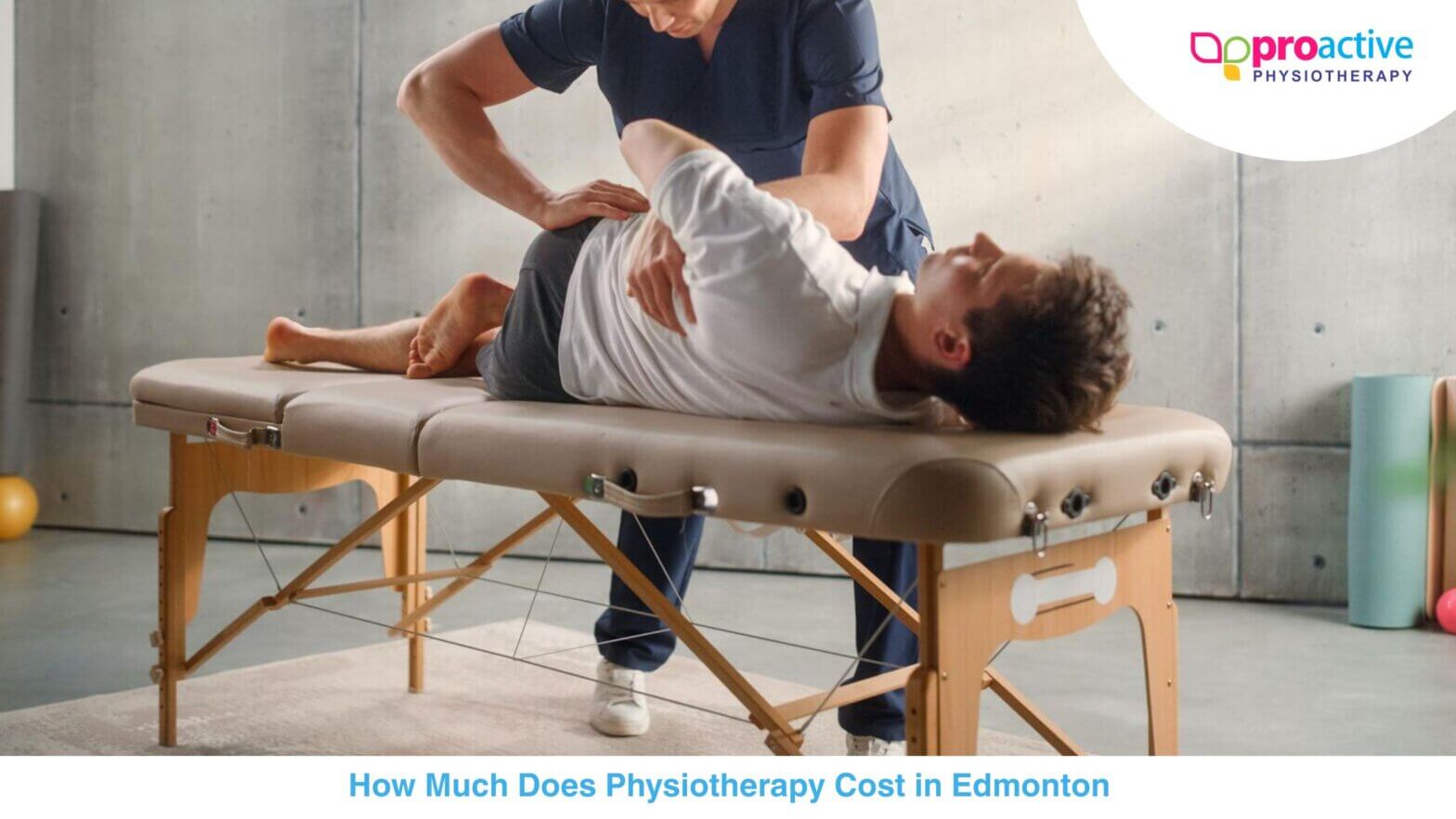Physiotherapy Can Help!
Do you ever find yourself simply struggling to pull yourself out of bed because of your back pain? Do you experience chronic back pain that seems like it will never go away?
No matter the severity, back pain limits all aspects of your life. It is not until you take the necessary precautions and steps to recovery that it will leave you for good.
Strategies such as physiotherapy along with smarter lifestyle practices can help you on your road to recovery
What Exactly is Chronic Back Pain?
If you’ve ever injured your back in a car crash, high-impact sports injury, or work-related accident, then you know how bad back pain can be.
As painful as that acute back pain can get, at least it still goes away at one point or another. On the other hand, chronic back pain stays with you long after an acute injury takes place.
Chronic back pain is pain that persists for 3 months or longer. You may be experiencing pain due to a variety of reasons, including arthritis of the spinal, disc problems, old age, and even myofascial pain syndrome
Technically, back pain is categorized as chronic if it continues for at least 3 months, and in many cases, chronic back pain can haunt sufferers for years. This is especially true if your back pain stems from an irreversible or progressive condition.
About 20 percent of people who have back pain will have it develop into chronic back pain with persistent and ongoing symptoms. Chronic back pain ranks number three on the scale for the most burdensome conditions for Americans.
What is Causing Me This Chronic Back Pain?
The first step to addressing your back pain is understanding the cause.
Chronic back pain is caused by many underlying issues, from a normal acute injury that failed to heal correctly or chronic health problems such as:
- Arthritis in the facet joints, these joints mobilize your spine
- Muscle knots associated with fibromyalgia, myofascial pain syndrome, and other various chronic problems.
- Degenerative disc disease, this disease causes the spinal discs to bulge and flatten
- Physical or postural imbalances that lead to chronic muscle strain and soreness
- Congenital deformities such as scoliosis
- Excess weight from obesity or pregnancy
- Herniated discs that compress spinal nerve tissue
It’s important to know that back pain doesn’t always affect just your back. It could also be affecting your neck or your entire body.
What can Physiotherapy do for My Back Pain?
Don’t feel helpless against your continuing back pain. Our physiotherapists can analyze your condition, and determine the cause of your back pain.
Our next step to recovery would be to prescribe you not just physiotherapy exercises, but also lifestyle changes that will help you maintain day-to-day comfort.
Here are some tips you can include in your pain-management routine:
- Adjust how you sleep – switch to a different type of mattress or try to alter your sleeping positions to minimize nighttime and next-day pain.
- Change your ergonomics – analyze how you sit and move around in your workplace and try to minimize any movements that put a strain on your back.
- Stress reduction – practice yoga, meditation, and other stress-reducing techniques can help to keep you and your muscles relaxed.
You shouldn’t have to feel helpless about your chronic back pain, contact ProActive Physiotherapy and let us help you on your road to recovery. Our experienced physiotherapists are eager to help you get back on your feet and to live a happier lifestyle.




